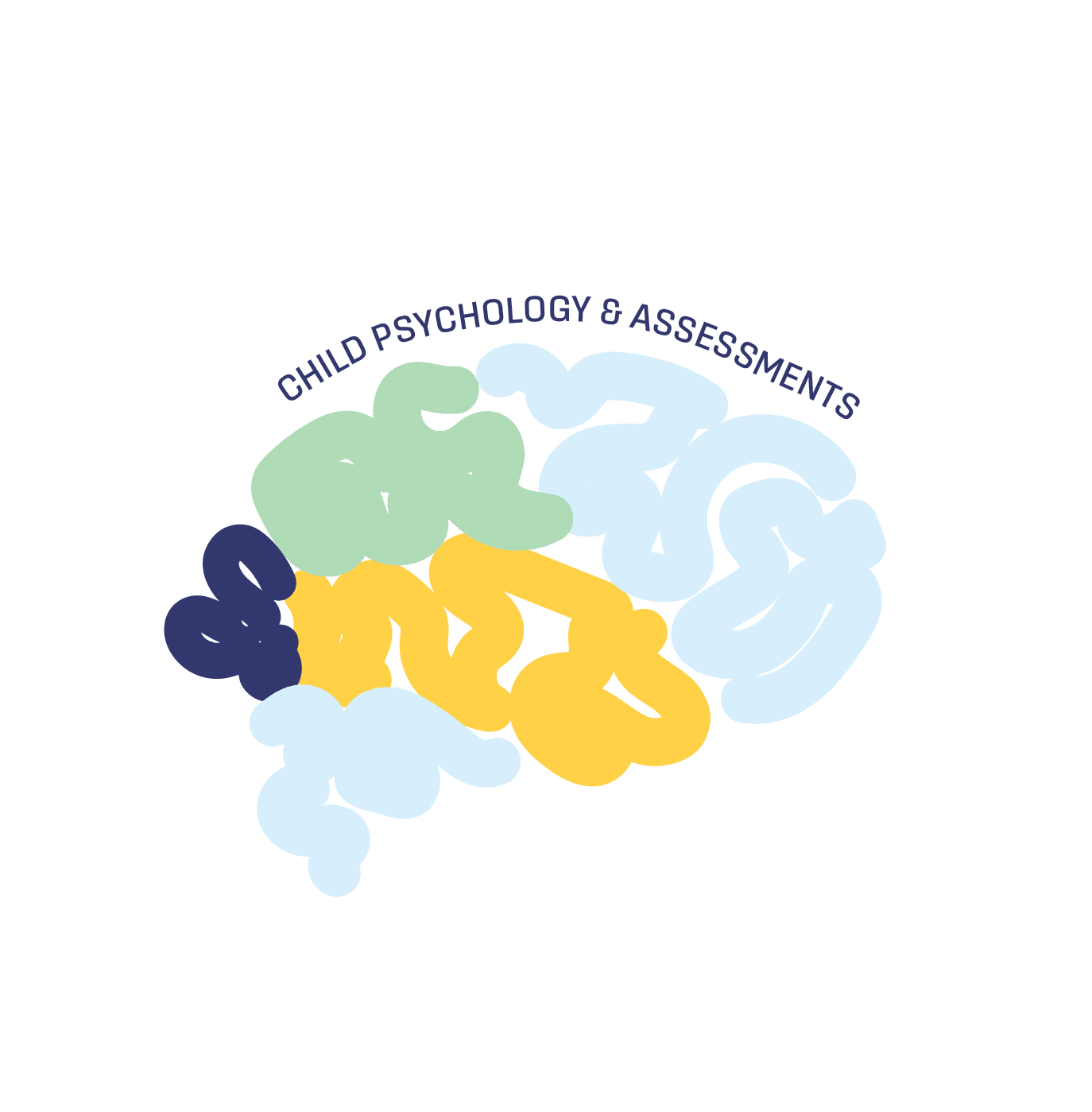Cognitive assessments help identify how a child learns, thinks, and solves problems. Here’s what to expect from this process in Melbourne’s Eastern Suburbs.


What Is a Cognitive Assessment for Children?
A cognitive assessment is a structured evaluation used to understand how your child thinks, learns, processes information, and solves problems. It explores various areas of thinking, such as memory, reasoning, language, attention, and visual-spatial skills.
Unlike school testing, cognitive assessments go deeper—providing insight into your child’s learning potential, cognitive strengths, and any areas where they may benefit from extra support.
Why Might a Child Need a Cognitive Assessment?
You might consider a cognitive assessment if your child is:
- Struggling to keep up with schoolwork despite effort
- Finding certain tasks harder than peers (e.g., reading, maths, writing)
- Showing signs of slow processing speed or memory challenges
- Gifted and may require extension learning pathways
- Preparing for selective school entry or scholarship programs
These assessments are especially helpful when there’s uncertainty around why your child is finding learning difficult—or if they may need tailored classroom support.
What’s Assessed During a Cognitive Assessment?
Our psychologists assess a range of key thinking skills including:
- Verbal comprehension (understanding and using language)
- Visual-spatial reasoning (solving puzzles, working with shapes and space)
- Working memory (holding and using information in real-time)
- Processing speed (how quickly information is taken in and used)
- Fluid reasoning (problem-solving and logic)
Standardised tools such as the WISC-V (Wechsler Intelligence Scale for Children – Fifth Edition) are commonly used.
What Happens During the Assessment Process?
Cognitive assessments are safe, child-friendly and conducted one-on-one. Here’s what the process typically looks like:
- Initial Parent Consultation – We discuss concerns, school reports, and your child’s learning history.
- Assessment Session (2–3 hours) – Your child completes a range of engaging tasks and puzzles.
- Scoring and Interpretation – Results are analysed to identify strengths and areas of challenge.
- Feedback Session – You’ll receive a comprehensive report with recommendations and practical next steps.
Children often find the process enjoyable and feel proud of their effort—many parents are surprised at how engaged their child is!
How Cognitive Assessments Help Families and Schools
A cognitive assessment offers real, practical insights that can:
- Help teachers understand your child’s learning style
- Support applications for extra help at school (e.g., ILPs or funding)
- Identify giftedness or learning difficulties
- Build your child’s confidence by recognising strengths
- Create a clear plan for further support (e.g., tutoring, OT, psychologist)
Cognitive Assessments in Melbourne’s Eastern Suburbs
Choosing a local psychologist means better access, flexibility and follow-up care. We work with children across Camberwell, Hawthorn, Kew, Glen Iris, Surrey Hills and surrounding areas.
Our team is familiar with local school systems, making our reports particularly useful in supporting school-based learning plans.
Frequently Asked Questions (FAQs)
Is a cognitive assessment the same as an IQ test?
Not exactly. While IQ is part of the assessment, it’s just one component. Cognitive assessments explore a broader range of thinking skills.
What age can my child be assessed?
Generally from age 6 and up, depending on the child’s needs and the tools used.
Will the school accept the report?
Yes – our reports are detailed and aligned with educational requirements.
Can this identify a learning disorder?
It can help identify signs of learning difficulties and guide referrals for further assessment if needed.
Can it be used for giftedness testing?
Yes. Cognitive assessments are commonly used to determine if a child is gifted or ready for advanced learning pathways.
Book a Cognitive Assessment in Melbourne’s Eastern Suburbs
If you’re wondering how your child learns or want to better understand their cognitive strengths, a formal assessment can offer powerful insights.



